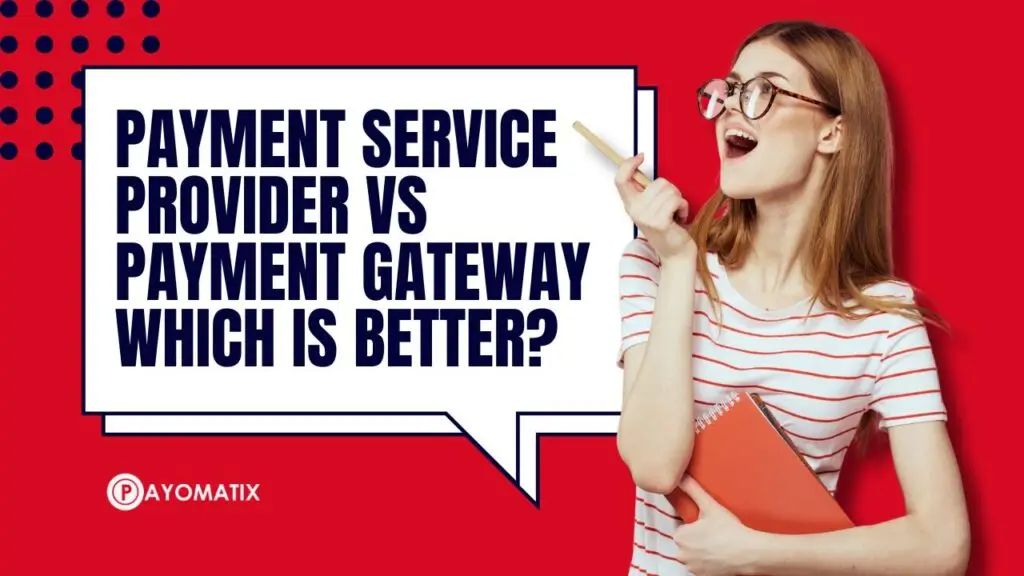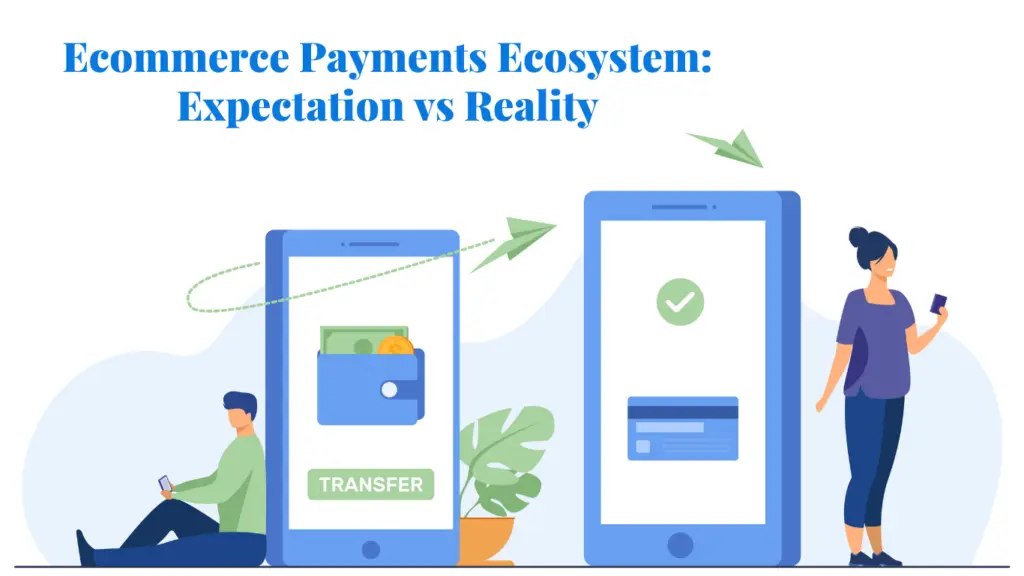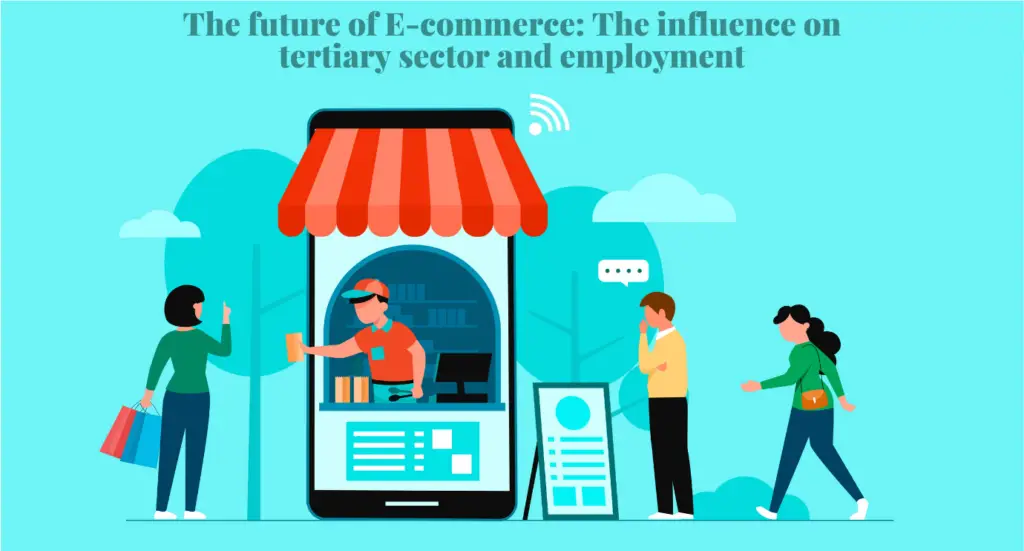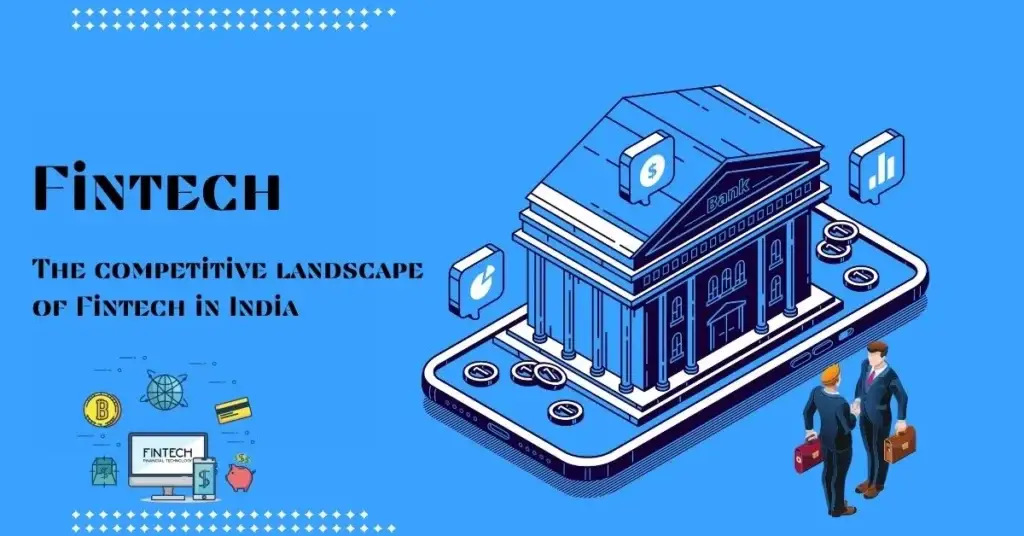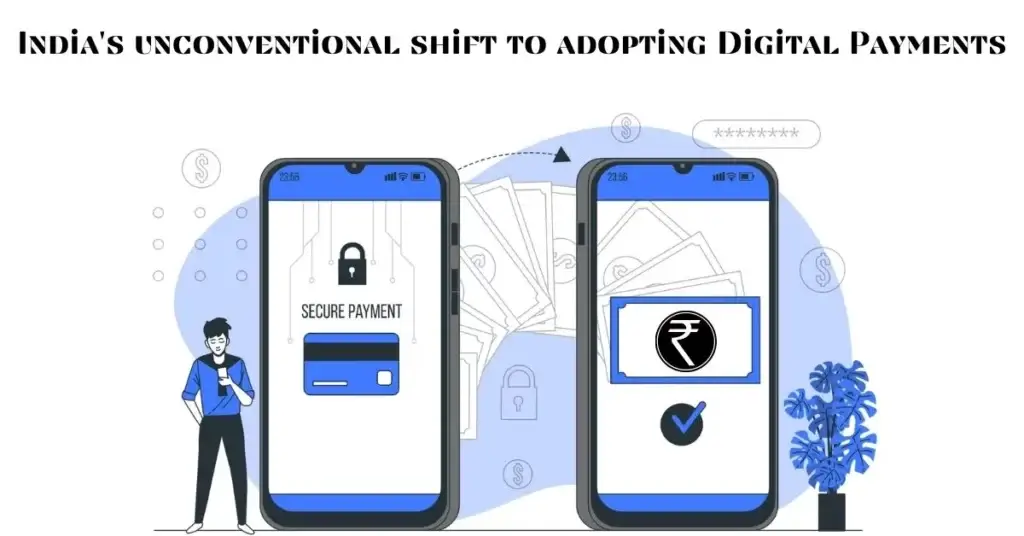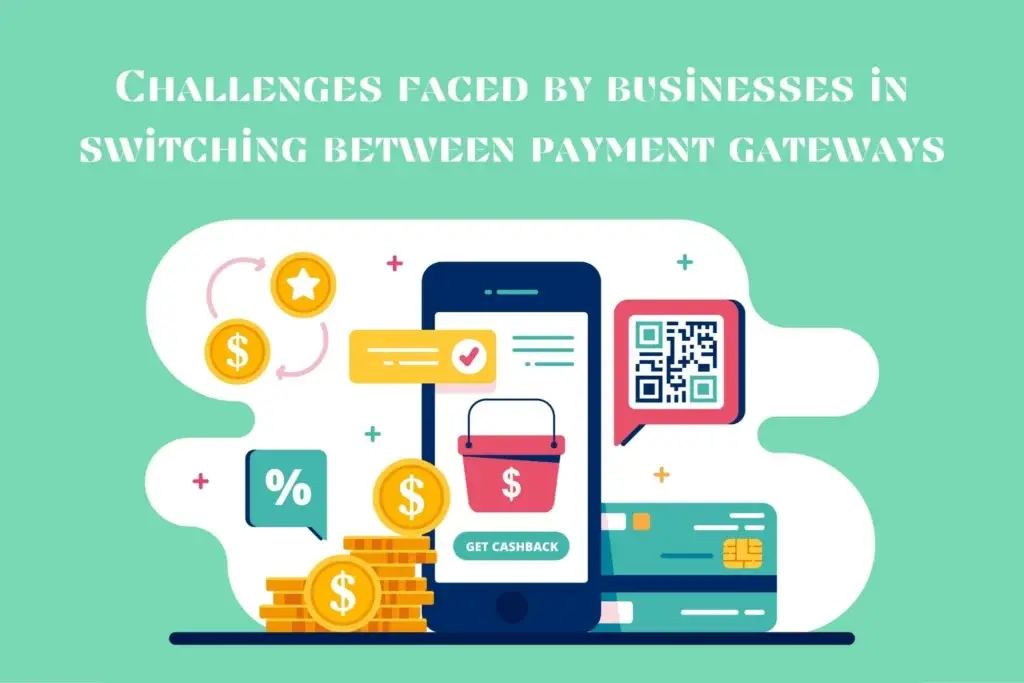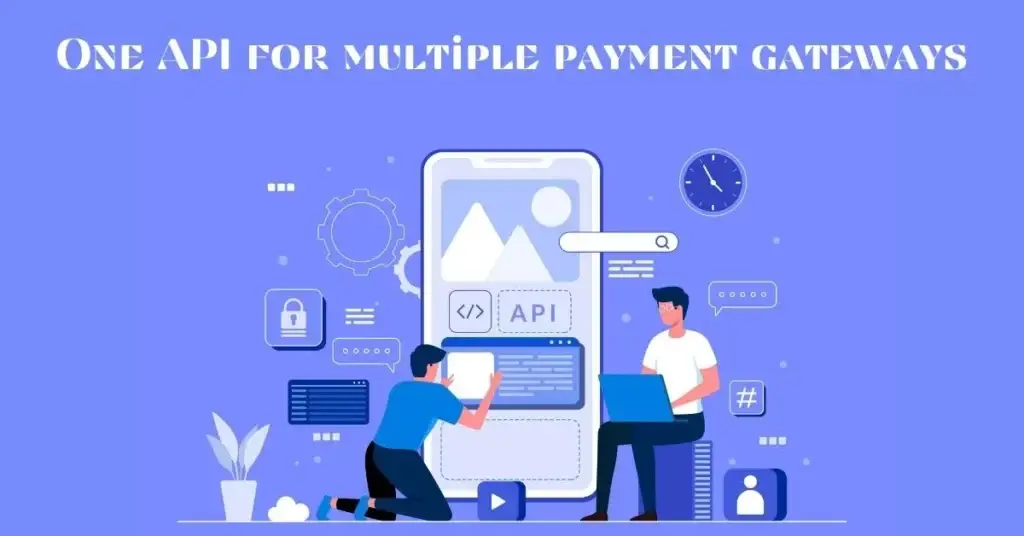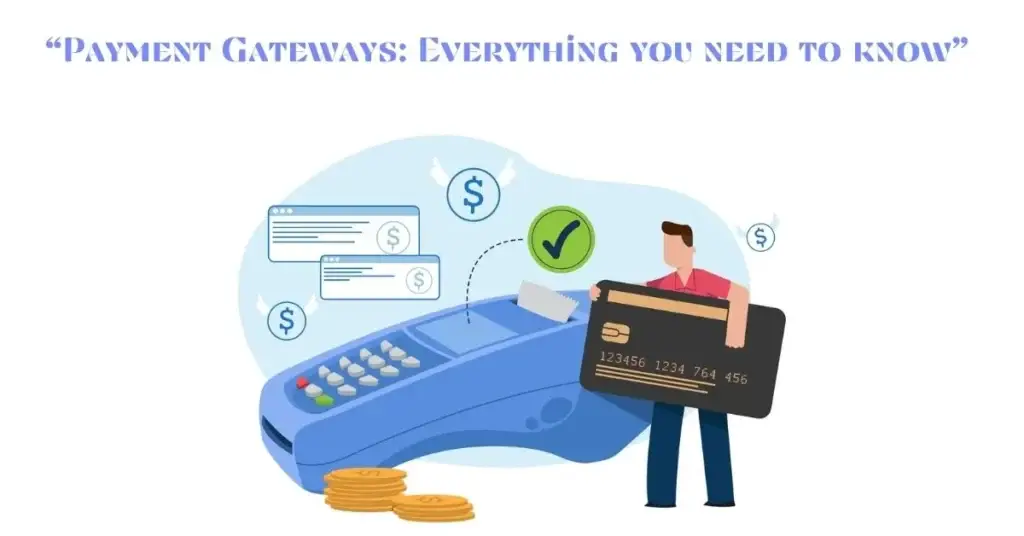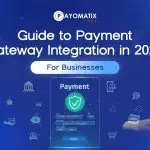Payment gateways and payment service providers (PSPs) are two of the most important components of digital commerce. Payment gateways provide a secure connection between merchants and customers, allowing for the safe transfer of funds from one party to another. They also provide additional features such as fraud protection, data encryption, and customer authentication.
On the other hand, PSPs are responsible for managing payments on behalf of merchants. They handle all aspects of payment processing including authorization, settlement, reconciliation, and dispute resolution.
“The main difference between a payment gateway and a PSP is that a payment gateway is only responsible for securely transferring funds from one party to another while a PSP provides more comprehensive services such as merchant account setup, customer support, risk management tools, and analytics.”
Additionally, PSPs often offer services such as loyalty programs or gift cards which can help increase sales and customer satisfaction. Ultimately, both payment gateways and PSPs play an integral role in ensuring successful online transactions.
What is a Payment Gateway?
Payment gateways are an essential part of the online payment process. They provide a secure connection between merchants, customers, and banks. Payment gateways act as a bridge between the customer’s credit/debit card information and the payment network. They securely transmit the data from the website to the payment processor, which then sends it to the acquiring bank for authorization.
Payment gateways also provide encryption services to protect sensitive customer data from being stolen or misused. Additionally, they verify that all transactions are legitimate and authorized by verifying customer information such as billing address and CVV code. This helps reduce fraud and ensures that customers can safely make purchases online without worrying about their personal information being compromised.
Payment gateways also provide merchants with access to various payment services such as authorisation, refunds, and more. All in all, payment gateways are an important part of any eCommerce business as they help ensure secure payments for both merchants and customers alike.
How Does a Payment Gateway Work?
A payment gateway is an important tool for businesses that need to securely process payments from customers. It acts as a secure channel between the merchant and the customer, ensuring that sensitive payment information is kept safe.
The payment gateway works by following a few simple steps.
- First, the customer places their selection in the shopping cart and proceeds to checkout by filling in their debit/credit card details.
- This information is then encrypted by the customer’s web browser and sent to the payment gateway.
- The payment gateway then sends this encrypted transaction information to the payment processor, which is used by the acquiring bank (customer’s bank).
- Finally, the acquiring bank receives this request and responds with an approval or denial message (with reasons, if any).
- With this system in place, merchants can be sure that their customers’ payments are being processed securely and efficiently.
Advantages of Payment Gateway
Payment gateways are an essential part of any eCommerce business. They provide a secure and efficient way to process online payments, allowing customers to make purchases quickly and easily. Payment gateways use industry-standard encryption to protect sensitive data such as credit card numbers, ensuring that all transactions are safe and secure. This helps build trust between merchants and customers, making it easier for businesses to expand their customer base.
Faster transaction processing is another major benefit of payment gateways. By streamlining the checkout process, they help reduce the amount of time it takes for customers to complete their purchases. This makes it easier for merchants to keep up with demand while also providing a better experience for shoppers.
Additionally, payment gateways are easy to integrate with other systems such as accounting software or inventory management tools. It further simplifies the checkout process and helps merchants save time on administrative tasks.
What is Payment Service Provider?
Payment service providers (PSPs) are an integral part of the payment ecosystem, connecting merchants, consumers, financial institutions, and payment networks. They provide support to companies in accepting a broad range of online payment methods such as credit cards, debit cards, e-wallets, and online banking. PSPs also offer gateway functionality to merchants and their customers. This allows for secure transactions between the merchant and the customer.
The role of PSPs is to ensure that all payments are processed securely and efficiently. They provide a layer of protection between the merchant and customer by encrypting sensitive data such as credit card numbers or bank account information.
In addition, they can help reduce fraud by verifying customer identity through authentication processes such as 3D Secure or Verified by Visa. By providing these services, PSPs help creates a safe environment for online payments while ensuring that merchants receive their payments quickly and accurately.
How does PSP works?
A payment service provider (PSP) is a platform that facilitates online transactions between customers, merchants, and banks. It is responsible for authorizing payments and transferring funds between the parties involved. To understand how a PSP works, it is important to be aware of the components of an online transaction.
The cardholder is the customer who purchases goods or services from a merchant’s website. The card networks are the enablers of fund transfers between the customer, merchant, and bank. They provide secure connections between all parties involved in order to facilitate payments. The merchant is an individual or company that provides goods and services to customers.
Once the customer has made their purchase, the transaction request is received by the payment gateway and forwarded to the PSP. Then PSP will process the payment by verifying it with the card network and then transferring funds from the customer’s account to the merchant’s account. This entire process takes place within seconds and ensures that both parties receive their money quickly and securely. PSPs manage the transactions by coordinating with the acquiring banks.
Advantages of Payment Services Providers
Payment Service Providers (PSPs) are becoming increasingly popular in the eCommerce space due to their ability to provide secure and efficient payment solutions. PSPs offer a wide range of advantages, including reduced integration and processing costs, acceptance of multiple payment methods and currencies, and enhanced security for carrying out payments.
- Integration and processing costs can be significantly reduced when using a PSP with their exemplary technical support. Because PSPs provide an all-in-one solution that reduces the need for integrations and processing costs. This makes it easier for businesses to accept payments from customers with ease.
- Furthermore, PSPs also accept multiple payment methods such as credit cards, debit cards, digital wallets, bank transfers, etc.. It allows customers to choose their preferred method of payment. Additionally, they also support multiple currencies so businesses can easily expand into new markets without worrying about currency conversion fees.
- Finally, one of the most important benefits of using a PSP is the enhanced security they offer when carrying out payments. They use advanced encryption technology to protect customer data and ensure that all transactions are secure. This helps reduce the risk of fraud or theft while providing customers with peace of mind knowing that their personal information is safe.
PSP Vs Payment Gateways – An In-depth Analysis
Payment gateways and payment processors are two different components of the online payment process. A payment gateway is a service that authorizes payments for online merchants. It allows customers to securely enter their credit card information on a website or mobile app. Payment processors, on the other hand, are services that facilitate the transfer of funds between banks and businesses. They act as an intermediary between the customer’s bank and the merchant’s bank. They ensure that payments processing is quickly and securely.
The main difference between PSPs and Payment Gateways is in terms of usage. Payment gateways are advantageous for businesses with high sales volume. Most of small and medium businesses tend to go with full-fledged PSPs to simplify their payment needs. PSPs provide more features than just processing payments. It includes fraud protection, customer support, analytics tools, etc., which makes them an attractive option for smaller businesses.
Additionally, some PSPs offer additional services such as invoicing or recurring billing options. These services are highly beneficial for businesses looking to streamline their operations.
Which is Better for Business – Payment Gateways Vs Payment Processors?
The question of whether you need both a payment gateway and a payment processor depends on your business needs. If you only accept checks, cash, wire transfers, and in-person credit card payments then you don’t need either one. But if you want to offer customers more options for paying online then you’ll need both a payment gateway and a payment processor. Having both will allow customers to pay with their preferred method (like credit cards). It also providing your business with secure transactions and fast processing times.
Conclusion
Both payment gateways and payment service providers are essential components of the online payment process. Payment gateways provide secure authorization for online payments. But PSPs offer additional features such as fraud protection, customer support, analytics tools, etc. Ultimately, it is up to you to decide which one is best for your business needs.

